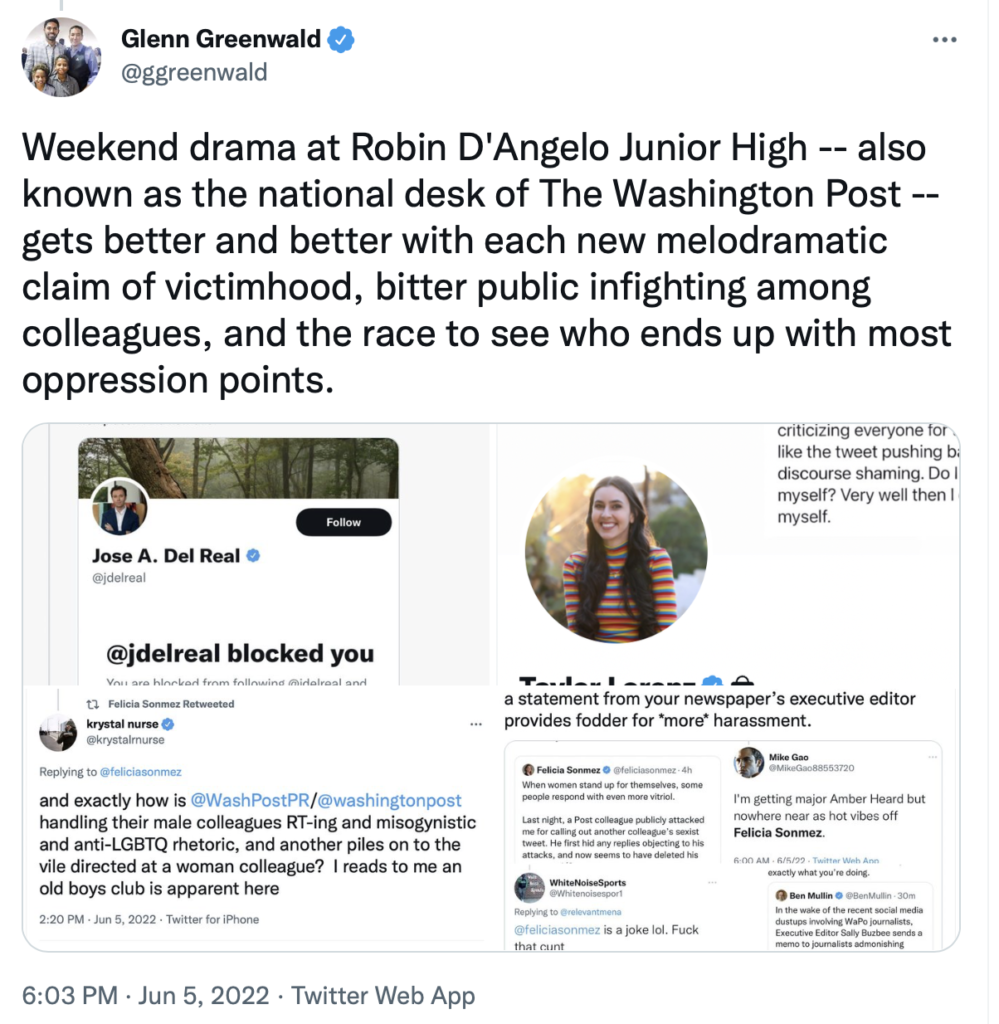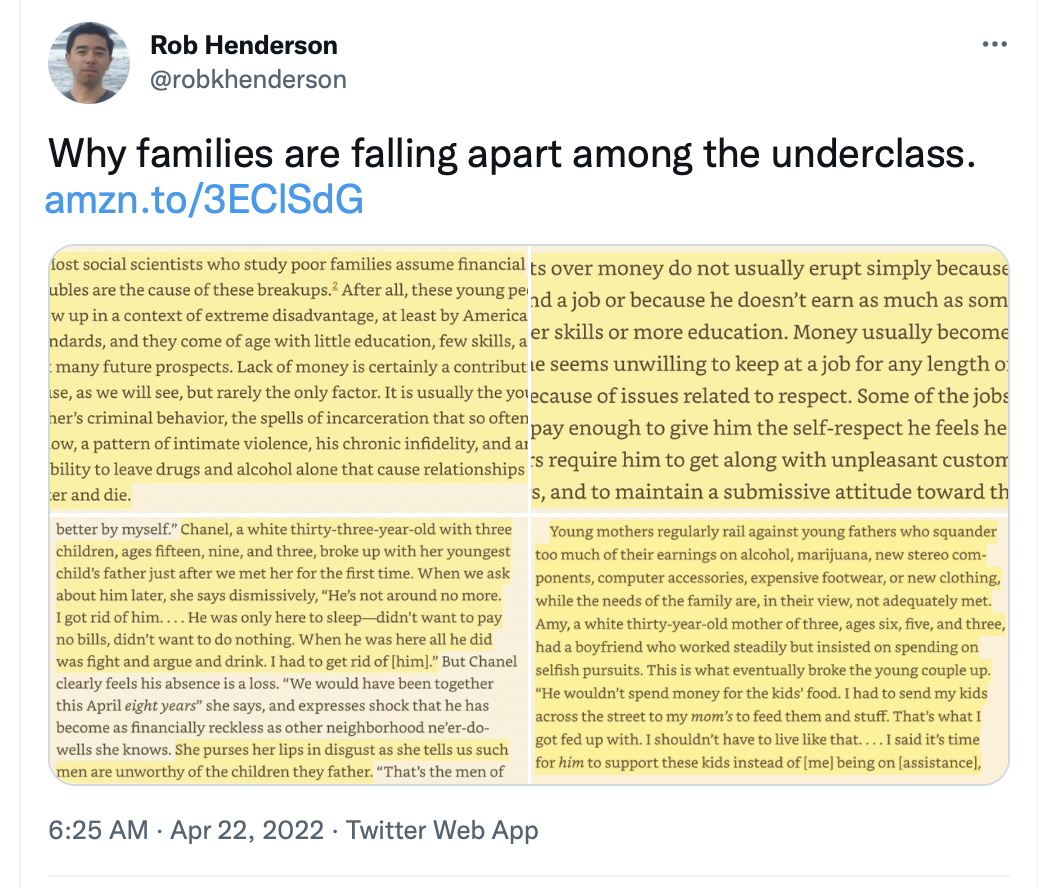Jonathan Haidt and Greg Lukianoff wrote an article that offers real-world advice to corporations. They are addressing businesses that want to simply do business while avoiding moral dependency of the up and coming generation that includes many childlike adults who have been coddled all the way through life, including at their elite universities. Here are the first three suggestions list in How To Keep Your Corporation Out of the Culture War: Eight steps business leaders can take to prevent ideological pressure and political conformity in the workplace.
1. Expand your definition of diversity. While racial diversity and gender expression often dominate what people mean by diversity on campus, for a company trying to serve a diverse market in a fast-changing economic environment, having diversity of opinion, diversity of experience, and diversity of social class and geographic background can be even more important. In fact, the kind of diversity most often found to confer advantages on teams is not demographic diversity but rather diversity of perspectives on topics closely related to the task at hand. This includes both functional diversity (e.g., what roles people play in the company) and political diversity (at least when trying to find truth about politically controversial topics).
2. Reconsider what colleges you hire from. While elite colleges offer the promise of bright and hard-working employees, the problems we covered in our book are generally more severe at elite private colleges. You might want to consider hiring from large state schools, and ones from regions of the country other than the West Coast or Northeast. This will increase your diversity by social class and region, and it may help your organization avoid the elite college groupthink that seems to be damaging some organizations, potentially giving your organization a competitive advantage.
You might want to go still further and consider hiring people who have not attended college at all, if you can put in place standards that still guarantee hard-working employees with relevant skills. We believe that the numbers of bright, hard-working, and talented people choosing to skip college or to learn through a less traditional alternative will increase in the coming years, while the ability of elite college graduates to work well with those who do not share their beliefs will continue to decline.
3. Orientation: Be direct with candidates and new hires. If you decide that you want your organization to be politically neutral or self-consciously politically heterogeneous it’s a good idea to say so in job postings, and to introduce that idea to employees from their very first day. For example, you could state: “Our company’s culture is oriented toward success in our mission, which is [lay out business mission here]. We therefore do not take public stands on issues that are not central to our business mission. If you're not willing to work for such a company, or with people who disagree with you on some of your deepest beliefs, this might not be the right organization for you.”


